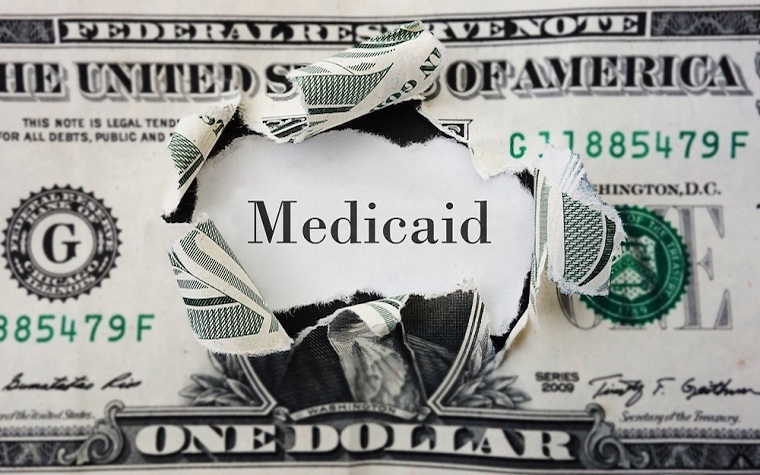
Medicaid expansion under the Affordable Care Act is diverting resources from those truly in need of support, a health care analyst argued in response to praise for the program.
At a national level, the expansion of Medicaid continues to yield benefits, according to Dr. Aaron Carroll, professor of pediatrics at the Indiana University School of Medicine.
Coverage has increased, the quality of care has been raised and some states that have expanded expect net savings, while hospitals have many fewer uninsured visits, Carroll argued in a The New York Times opinion piece.
However, his argument is deeply flawed, according to Brian Blase, a senior research fellow at George Mason University’s Mercatus Center -- and vocal critic of Obamacare.
“We are spending much more than we expected to spend on the Medicaid expansion, and the value and benefit does not justify the spending,” he told Patient Daily. “It crowds out and diverts resources from previously eligible enrollees, such as pregnant women, low-income children, the disabled and the low-income elderly.”
Carroll cited studies showing the long-term health and cost benefits of expanded Medicaid, but Blase argued that the cited studies examined long-term health benefits to pregnant woman and children, “groups not affected by the ACA’s Medicaid expansion.”
“Some of these studies ... do find marginal benefits from targeted eligibility expansions,” Blase said in an opinion piece in Forbes. “Whatever the results of these studies, however, they are largely irrelevant to the discussion of whether the ACA’s Medicaid expansion is worth the cost since they consider a different population than the one gaining coverage because of the ACA.”
Carroll did concede that providing Medicaid can cost the federal government, and states, a lot of money. He also said Medicaid reimburses physicians and hospitals less generously, and that it often leaves beneficiaries with fewer choices than private insurance might.
“But when we look at the balance sheet for Medicaid — health benefits, financial security, societal improvements through education — it’s not hard to argue that money allocated to Medicaid is well spent,” he said in the Times piece.
Thirty-one states and the District of Columbia opted to expand Medicaid to all those earning less than 138 percent of the federal poverty level; 19 states decided not to expand.
A report earlier this year by the Centers for Medicare and Medicaid Services said the cost of expansion was $6,366 per person in 2015, about 49 percent higher than anticipated.
The federal government has paid the full amount for new enrollment, but that will end in January when states start paying 5 percent, then 10 percent in 2020. States are worried about the impact on their budgets, according to an Associated Press report published Wednesday.
Far more people than projected are signing up under the new, more relaxed eligibility requirements, and their health care costs are running higher than anticipated -- in part because new enrollees are apparently sicker than expected, the report suggests. Rising drug prices may also be a factor.